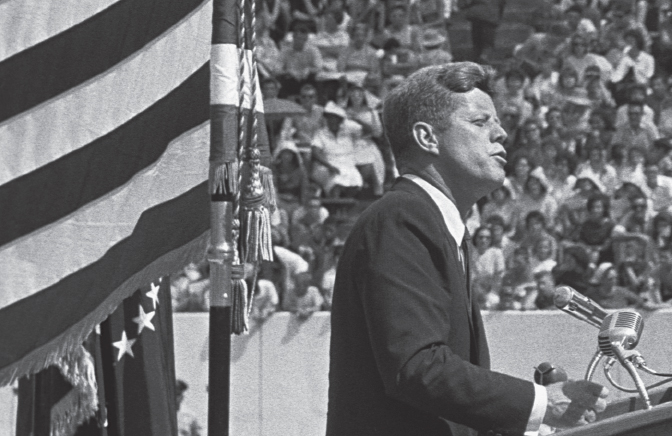Understanding your audience
Understanding your audience
While preparing a proposal, keep two audiences in mind — one fairly narrow and the other more broad. The first group includes people who could possibly do something about a problem; the second consists of general readers who could influence those in the first group by bringing the weight of public opinion down on them. And public opinion makes a difference.
Writers calibrate proposals for specific readers all the time. Grant writers, especially, make it a point to learn what agencies and institutions expect in applications. Quite often, it takes two or three tries to figure out how to present a winning grant submission. You won’t have that luxury with most academic or political pieces, but you can look for examples of successful proposals and study them.
Appeal to people who can make a difference. For example, a personal letter you prepare for the dean of students to protest her policies against displaying political posters in university buildings (including dormitories) should have a respectful and perhaps legalistic tone, pointing to case law on the subject and university policies on freedom of speech. You’d also want to assure the dean of your goodwill and provide her with sound reasons for loosening the restrictions.
Rally people who represent public opinion. No response from the dean of students on the political poster proposal you made? Then take the issue to the public, perhaps via an op-
The fact is that people often need a spur to move them — that is, a persuasive strategy that helps them imagine their role in solving a problem. Again, you’d be in good company in leading an audience to your position. As shown on page 169, when President John F. Kennedy proposed a mission to the moon in 1962, he did it in language that stirred a public skeptical about the cost and challenges of such an implausible undertaking.

JFK Aims High In 1962, the president challenged Americans to go to the moon; today American astronauts ride to the International Space Station on a Russian Soyuz.
© Corbis.
There is no strife, no prejudice, no national conflict in outer space as yet. Its hazards are hostile to us all. Its conquest deserves the best of all mankind, and its opportunity for peaceful cooperation may never come again. But why, some say, the moon? Why choose this as our goal? And they may well ask why climb the highest mountain? Why, thirty-
We choose to go to the moon. We choose to go to the moon in this decade and do the other things, not because they are easy, but because they are hard, because that goal will serve to organize and measure the best of our energies and skills, because that challenge is one that we are willing to accept, one we are unwilling to postpone, and one which we intend to win, and the others, too.
— Rice Stadium “Moon Speech,” September 12, 1962